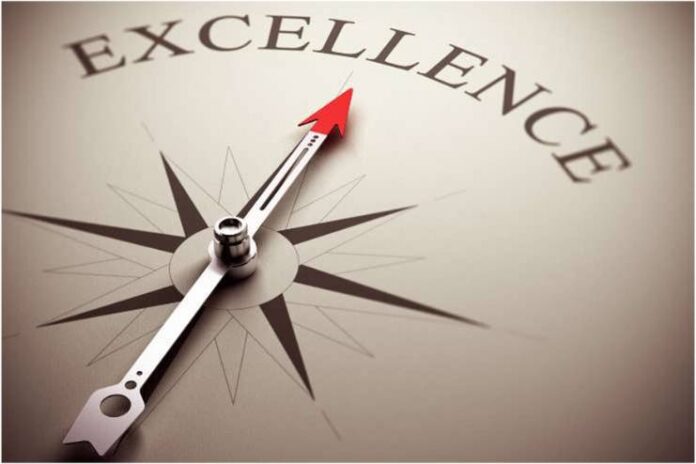Affiliate Disclaimer
Some links in this article are affiliate links. We may earn a small commission if you make a purchase through these links, at no extra cost to you. We only recommend products we find useful to our readersIt cannot be emphasized enough how important it is to be a lifelong learner in a constantly changing world. Since society and technology are dynamic and require constant adaptation, ongoing learning is essential to professional and personal development. Adopting a perspective emphasizing lifelong learning helps people become more resilient in the face of change and improve their abilities. It leads us to the crucial idea of developing routines to enhance education.
Developing efficient study habits paves the way for a happy and intellectually stimulating existence and ensures a more seamless navigation of the vast knowledge landscape. In this investigation, we explore the significance of lifetime learning and the transformational potential of developing habits for lifelong learning.
1. Consistent Curiosity
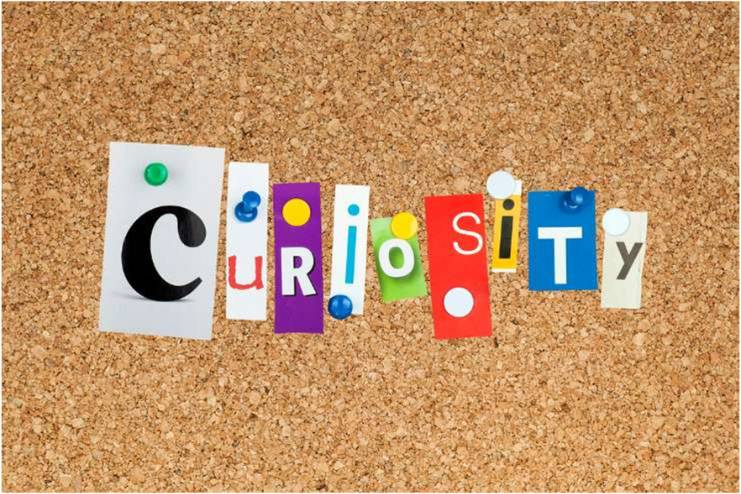
The most critical factor in successful learning is cultivating a sense of curiosity and questioning. By cultivating an insatiable appetite for knowledge over time, individuals can unlock the door to profound insight and invention. Learners are motivated to investigate more than what is immediately apparent, encouraging them to dive deeper into a topic’s complexities, including but not limited to historical events, scientific occurrences, and economic strategies.
Questions are the driving force behind discoveries, and notable personalities like Albert Einstein, famed for his unquenchable curiosity, are examples of this. Adopting a mindset of continual wonder makes it possible to enter new realms and provides learners with the fuel they need to ignite the passion that drives them to achieve mastery in their chosen disciplines.
Also, read: 14 Secret Traits Of A Happy Person That You Can Adopt Effortlessly
2. Active Listening Skills
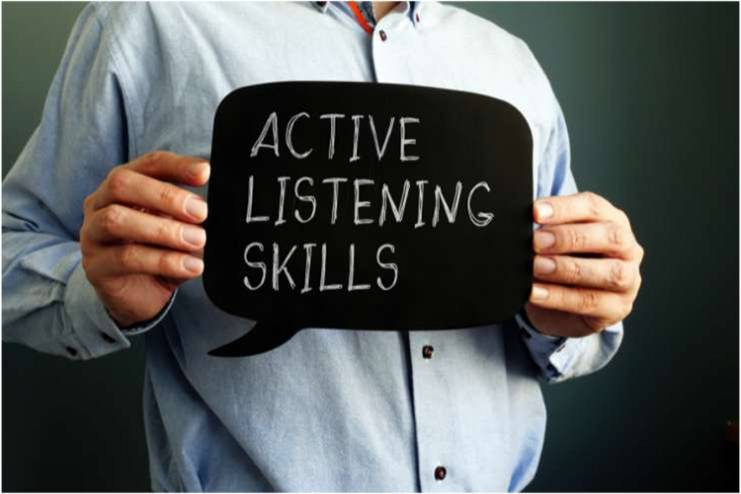
Active listening is a skill that extends beyond simply hearing words and is increasingly vital in the pursuit of successful learning methods. Mastering active listening makes the learning process more enjoyable and helps lay the groundwork for effective communication and collaboration in various professional and personal contexts.
When engaged actively with the speaker, learners extract nuances, gain insights, and cement their comprehension of the subject matter. By establishing a mutually beneficial relationship between the speaker and the learner, active listening helps cultivate an atmosphere conducive to sharing relevant information.
A few valuable suggestions for improving active listening abilities are keeping eye contact with the person you are listening to, paraphrasing to verify that you understand, and minimizing distractions.
Also, read: 16 Ways To Get Your Mojo Back – Liven Your Spirit!
3. Effective Note-Taking

The ability to take notes effectively is a skill that extends beyond the confines of learning situations and is essential for information retention. There are various approaches to note-taking, catering to different learning styles.
The Cornell method is characterized by its structured outlines, while mind mapping is characterized by its visual organizing. Digital note-taking provides both efficiency and accessibility. Tools such as Evernote and OneNote allow users to organize their notes effectively. Learners can customize the method to suit their preferences.
Conversely, conventional approaches, such as taking notes by hand, encourage active participation and the assimilation of information. When learners strike a balance between digital and conventional methods, they can take advantage of both benefits. This allows for developing a tailored and efficient note-taking technique, resulting in an enhanced learning experience.
Also, read: 21 Marvelous Ways On How To Be Happy Alone
4. Embracing Challenges
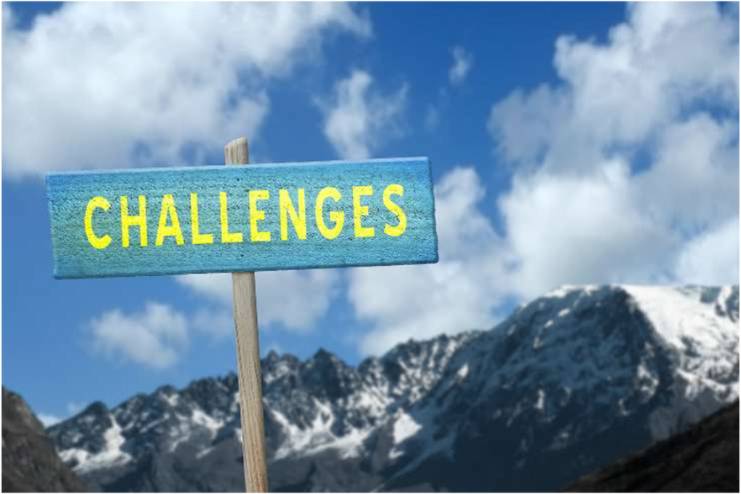
It is impossible to overestimate the relevance of accepting challenges when developing academic and personal relationships. When confronted with challenges, individuals are pushed beyond their comfort zones and fostered with resilience, which catalyzes development. The willingness to confront challenges head-on contributes to developing one’s character and drives a transformative learning journey.
Challenges spark intellectual curiosity and strengthen problem-solving abilities. Whether tackling complex academic subjects, learning a new skill, or overcoming difficulties in personal activities, challenges bring these benefits.
When they can successfully navigate challenges, learners cultivate a healthy mindset that lives on adaptability and ongoing progress. In light of this, accepting obstacles becomes an essential component of the learning process, as it paves the way for an individual who is more resilient, resourceful, and accomplished.
5. Setting Achievable Goals
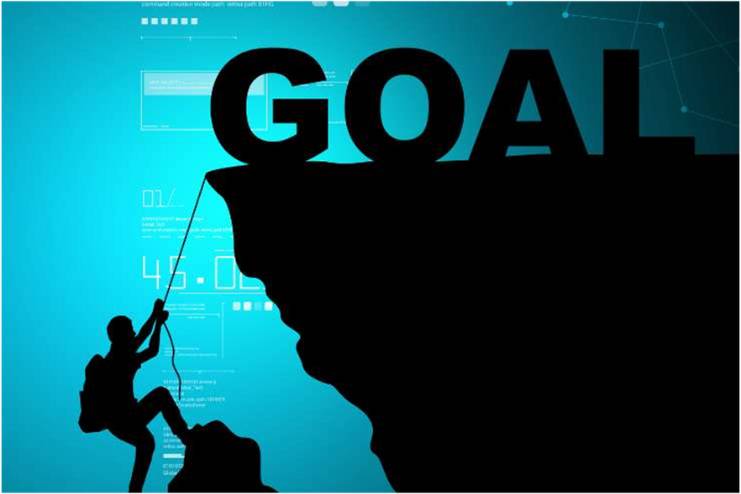
It is impossible to stress the value of creating realistic and attainable objectives when working toward improvement in one’s personal and professional lives. Goals function as roadmaps, providing individuals with a sense of purpose while guiding them toward their desires.
Setting realistic goals provides a tangible framework for success, which fosters drive and focus. When individuals witness visible progress toward the goals they have set for themselves, they have a significant motivational effect, fueling their resolve and tenacity.
Setting attainable objectives cultivates a sense of success and facilitates the development of skills in strategic planning and time management. When individuals break down larger aspirations into more attainable activities, they can effectively traverse challenges and create a route that leads to continued motivation and ultimate accomplishment.
6. Utilizing Resources
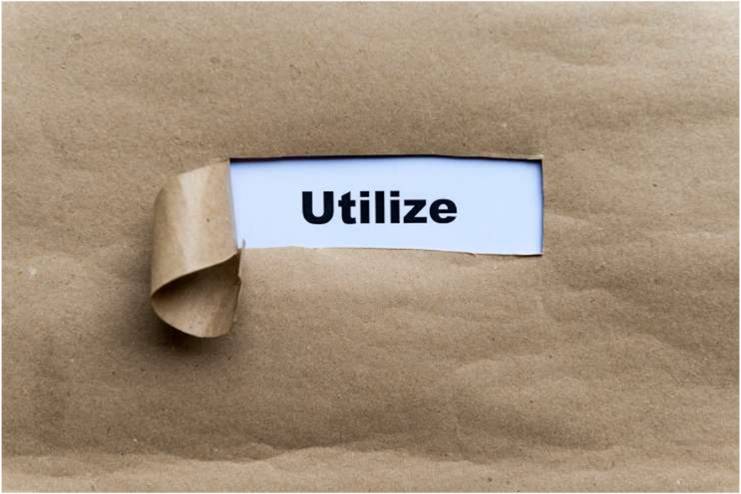
Those keen to go on a journey of learning and development will find that the digital era provides them with a wealth of resources to choose from. A vast and varied selection of channels can be utilized to acquire knowledge. These mediums include books, articles, online courses, podcasts, and interactive platforms.
Harnessing these resources is important because they contribute much information to the educational experience. Every medium provides a different point of view, making it possible to accommodate diverse modes of learning and preferences.
Whether it’s the in-depth exploration found in books or the dynamic interaction that online courses can facilitate, mixing different resources is a great way to improve comprehension and provide a comprehensive understanding of any topic.
7. Active Participation
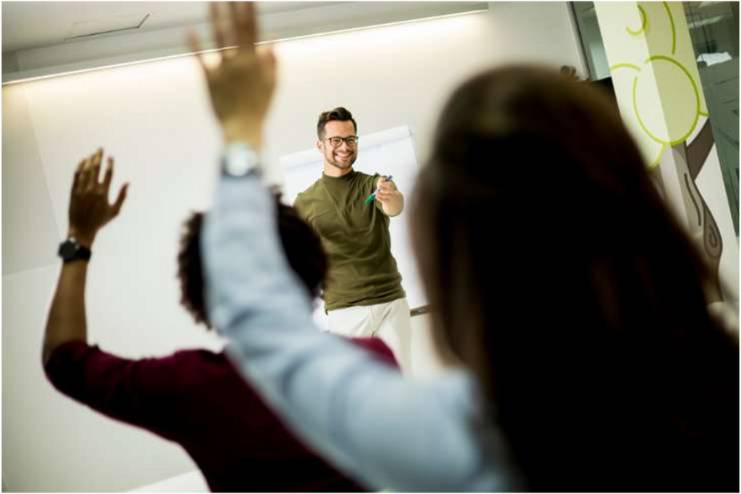
Within the world of education, active participation is a cornerstone that propels individuals beyond passive observation and into the sphere of dynamic involvement. By encouraging participation in group activities, workshops, and conversations, one may cultivate an atmosphere that allows for the acquisition of knowledge and its exchange and refinement through the application of collective insights.
Interacting with colleagues and teachers fosters an environment conducive to collaboration, which enhances the educational experience by providing a variety of viewpoints. Engaging in activities that require active engagement improves critical thinking and communication skills and the capacity to explain ideas effectively.
The collaborative synergy formed via active interaction not only contributes to the evolution of the individual but also magnifies the whole learning environment, transforming it into a lively community of shared knowledge and mutual inspiration.
8. Reflection and Self-Assessment
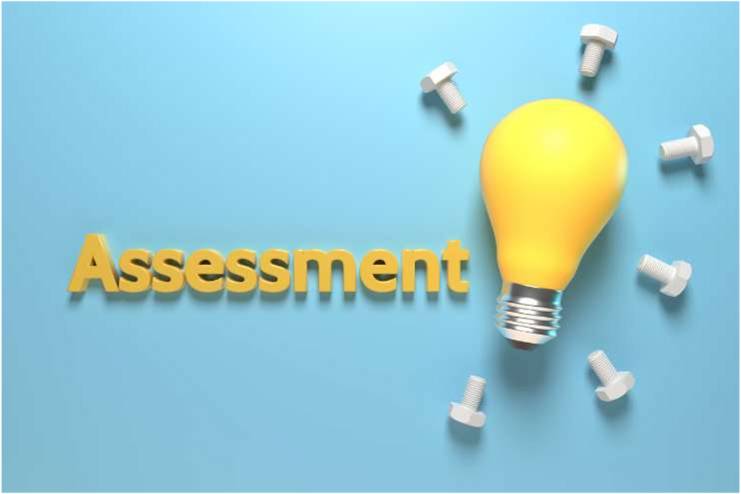
A valuable technique that can open greater understanding and self-awareness is the practice of reflection, a potent tool in the pursuit of meaningful learning. When people reflect on their experiences, insights, and difficulties, they can integrate their knowledge profoundly.
Through self-assessment strategies, individuals acquire vital insights into their progress and identify areas where they may perform better. Individuals can accomplish it in various ways, such as keeping a journal, setting regular checkpoints, or tracking goals.
9. Continuous Adaptation
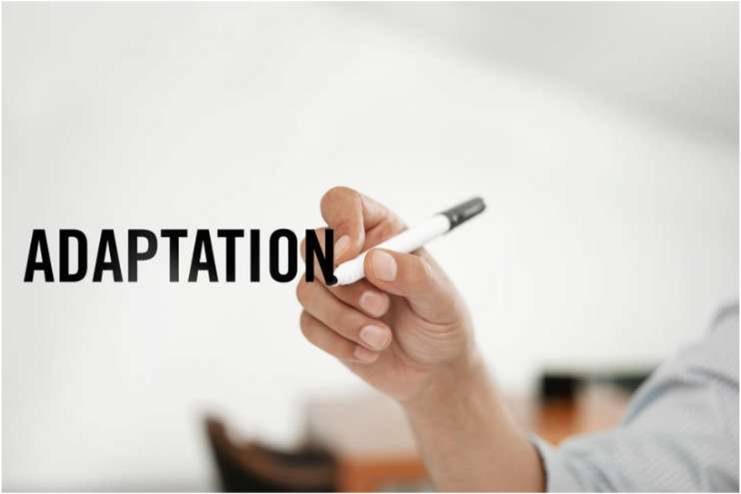
Adapting to changing circumstances is crucial to maintaining one’s relevance and thriving in various educational environments. Individuals who can quickly negotiate shifting techniques, technologies, and pedagogies can accomplish this because adaptability builds resilience.
For example, the rapid shift from traditional classrooms to online learning during the pandemic demonstrated the remarkable resilience of learners who can adjust to new circumstances. Embracing new tools and approaches and adopting a mindset open to change ensures that educational content is relevant and allows students to transform obstacles into possibilities.
Adaptation transforms your learning journey into a continual growth process, with each shift serving as a stepping stone toward a more resilient educational experience.
Conclusion
Adopting these habits is essential to successful learning because they promote curiosity, active listening, goal-setting, and adaptation. A well-rounded learning experience is facilitated by using various resources, actively interacting with peers, and reflecting on experiences. Taking good notes, accepting challenges, and appreciating one’s evaluation all contribute to a deeper understanding and more excellent personal development.
By implementing these strategies into their daily lives, students can develop a mindset that thrives in the face of difficulties and traverses the complexity of education, ultimately resulting in a lifelong love of learning.
References
- https://www.waldenu.edu/online-masters-programs/ms-in-education/resource/teaching-strategies-sparking-curiosity-in-learning
- https://www.forbes.com/sites/forbescoachescouncil/2021/08/25/stay-curious-the-importance-of-continually-asking-questions/?sh=154bbb805e0f
- https://medium.com/practice-in-public/embracing-your-curiosity-479f40f400a5
- https://www.ccl.org/articles/leading-effectively-articles/coaching-others-use-active-listening-skills/
- https://www.bhf.org.uk/informationsupport/heart-matters-magazine/wellbeing/how-to-talk-about-health-problems/active-listening
- https://www.verywellmind.com/what-is-active-listening-3024343
- https://medium.com/skilluped/how-to-take-notes-for-maximum-retention-a87e9c63b14c
- https://www.connectionsacademy.com/support/resources/article/3-tips-effective-note-taking-methods/
- https://www.csum.edu/university-advising/media/effective-note-taking-strategies.pdf
- https://fastercapital.com/startup-topic/Embracing-challenges-and-learning.html
- https://www.explorelearning.com/resources/insights/embrace-the-challenge-growing-the-growth-mindset
- https://fastercapital.com/topics/embracing-challenges-and-growth.html
- https://www.beforesunset.ai/post/why-is-it-important-to-set-realistic-goals
- https://hiddenriverhealing.com/the-importance-of-setting-realistic-goals/
- https://www.linkedin.com/pulse/importance-setting-realistic-goals-shawn-wilson
- https://www.inclusioned.edu.au/diverse-learning
- https://kpu.pressbooks.pub/interculturalizingcurriculum/chapter/incorporate-content-and-learning-resources-that-represent-diverse-perspectives-paradigms-or-disciplinary-approaches/
- https://oer.tas.gov.au/home-education/understanding-the-standards/diverse-learning-needs/
- https://ctl.wustl.edu/resources/increasing-student-participation/
- https://uwaterloo.ca/centre-for-teaching-excellence/catalogs/tip-sheets/promoting-effective-classroom-participation
- https://klaxoon.com/community-content/seven-best-practices-to-encourage-participation-and-commitment-in-your-workshops
- https://www.edutopia.org/article/reflection-learning-tool/
- https://www.hcpc-uk.org/standards/meeting-our-standards/reflective-practice/what-is-reflection/
- https://files.eric.ed.gov/fulltext/EJ1210944.pdf
- https://theconsciousleap.com/what-is-the-importance-of-adaptability-in-the-changing-edu-verse/
- https://bsd.education/how-to-teach-adaptability-in-your-classroom/
- https://www.nature.com/articles/s41599-023-02376-5













